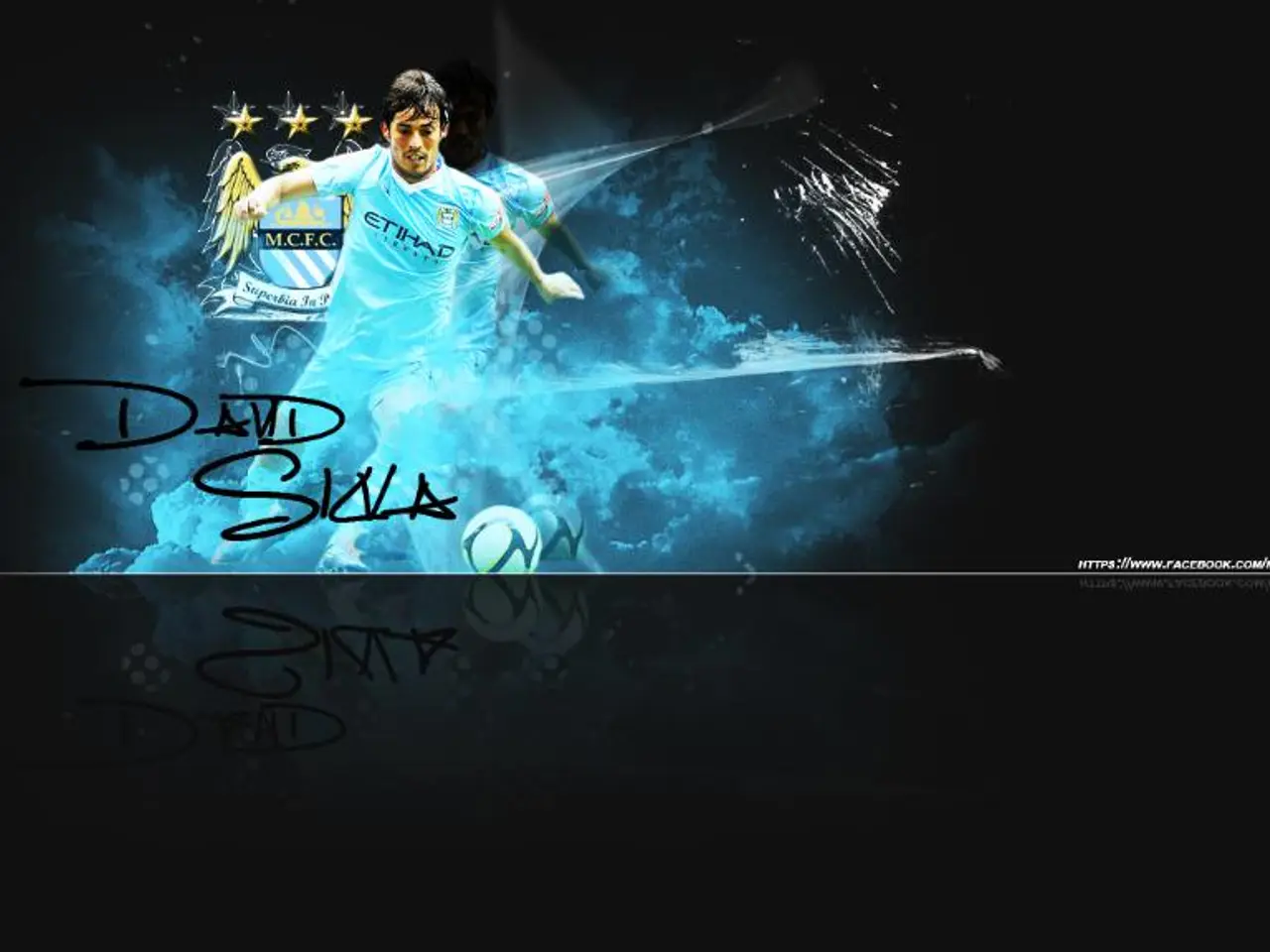Ex-Football Star QB Matthew Sluka of Holy Cross Quits UNLV After Three Games Due to Unsatisfied Name, Image, and Likeness Assurances
In the ever-evolving world of college sports, the case of UNLV quarterback Matthew Sluka has become a talking point, shedding light on the impact of Name, Image, and Likeness (NIL) deals and transfer rules.
Sluka, a promising talent, earned a stellar reputation during his time at Holy Cross, securing Patriot League Rookie of the Year and Offensive Player of the Year honours. His success continued as he led UNLV to a 2-0 start in his college career, following his transfer after winning four straight Patriot League titles.
However, Sluka's tenure at UNLV has been marred by a dispute. He announced his departure from the team due to an assistant coach's promise of a $100,000 NIL payment that was not fulfilled. Instead, he received $3,000 for moving expenses.
The issue of NIL payments has been a topic of debate in college sports. While individuals outside of schools can provide money to players, schools are prohibited from paying players directly. Independent organizations, known as collectives, have been created to circumvent this rule, offering money as an incentive for top players to join a college.
UNLV offensive coordinator Brennan Marion allegedly verbally committed to pay Sluka $100,000 from the school's collective. However, these arrangements can complicate transfers and athlete commitment, as seen in Sluka's case.
The NCAA's recent legislative changes have also played a significant role in this situation. The rules now permit student-athletes to transfer between divisions multiple times with immediate eligibility, provided they meet academic standards and enter the transfer portal during designated windows. This flexibility in transfer rules, along with lucrative NIL opportunities or disputes, has created a dynamic where athletes may treat themselves more like free agents, moving between schools for better NIL deals or due to NIL-related conflicts.
The majority of pundits believe Sluka's decision will set a precedent for other student-athletes to leave their schools based on unfulfilled NIL promises. Meanwhile, UNLV running back Michael Allen is sitting out with a complaint regarding "expectations" for on-the-field opportunities not being met.
As the landscape of college sports continues to change, cases like Sluka's will undoubtedly shape the future of athletics, pushing for greater transparency and accountability in NIL deals and transfer agreements.
Read also:
- United States tariffs pose a threat to India, necessitating the recruitment of adept negotiators or strategists, similar to those who had influenced Trump's decisions.
- Weekly happenings in the German Federal Parliament (Bundestag)
- Southwest region's most popular posts, accompanied by an inquiry:
- Discussion between Putin and Trump in Alaska could potentially overshadow Ukraine's concerns








